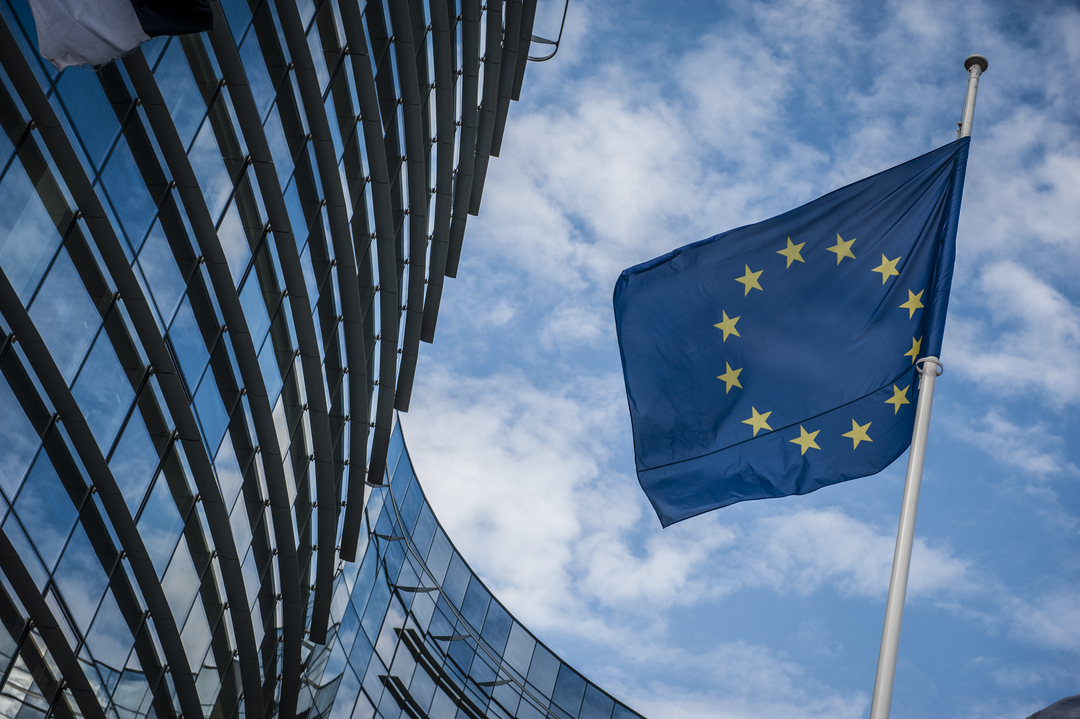
Citizens of European Union countries can keep avoiding mobile roaming fees when using their devices across borders within the bloc, after lawmakers extended the regulation to last until at least 2032.

Mobile customers generally haven't had to worry about roaming charges when using their phones in the EU, with most phone tariffs counting calls, texts, and data used in EU countries as equivalent to domestic use since 2017.
The regulation was due to end on July 1, so the EU has extended it for a decade. That means European consumers can keep avoiding most extra fees when traveling within another of the 27 EU Member States, but there are also some new additions to the regulation, including a requirement that citizens have access to the same services abroad in the EU as at home when the same networks and technologies are available.
As TechCrunch notes, while this quality of service provision covers 5G, it doesn't guarantee the same mobile network speed when roaming (network speeds can vary), but the Commission says the new rules "aim to ensure that when similar quality or speeds are available in the visited network, the domestic operator should ensure the same quality of the roaming service."
In addition, the updated regulation aims to increase transparency by requiring network providers to better inform customers about the types of services that can still incur additional costs when roaming, such as calling customer service numbers, help desks, and insurance companies. Customers should receive an SMS text regarding any additional roaming charges.
In case it isn't already clear by now, this regulation won't apply to mobile customers based in the United Kingdom, as a result of the country's exit from the European Union. With the exception of Virgin Media O2, most networks in the U.K. have since reintroduced roaming charges when traveling in the EU, and most charges are around £2 per day.
Article Link: European Union Citizens Won't Face Mobile Roaming Fees Until At Least 2032

